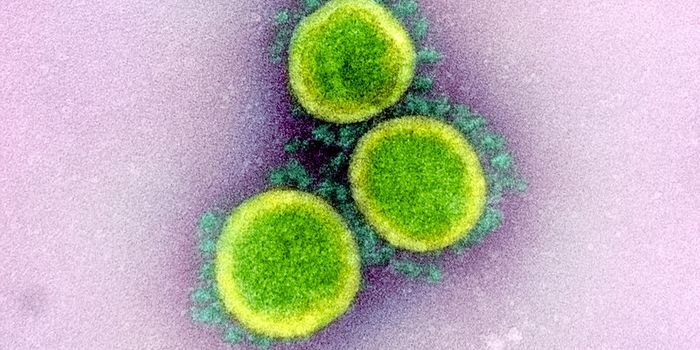Can AI Algorithms Accurately Assess Mental Illness?
Mental illness is complicated because while the causes are rooted in brain chemistry, neurological injury or other mechanisms in the brain, what is most affected are the daily lives of patients and their families.
Living with mental disorders like major depressive disorder or bipolar disorder is difficult, especially since many patients do not find relief in medications. Talk therapy and cognitive behavioral therapy (CBT) are other ways to treat mental illness; however it’s very much a trial and error process that can be time-consuming and frustrating.
Researchers from Lawson Health Research Institute, The Mind Research Network, and Brainnetome Center, collaborated recently on a study that shows how artificial intelligence (AI) and a precisely created algorithm that can analyze brain scans. The technology is aimed at better classifying diagnoses in patients and helping to predict what the patient’s response to specific medications might be, based on their particular illness characteristics.
The study cohort included 78 adult patients from mental health programs at London Health Sciences Centre (LHSC) and who were mostly from the First Episode Mood and Anxiety Program (FEMAP.) The study began with 66 patients who had completed treatment for a definite diagnosis of either major depressive disorder (MDD) or bipolar type I. Type I bipolar disorder is a form of the disease that includes full manic episodes as well as depressive episodes. There were also an additional 33 healthy patients, with no history of mental illness, as a control group. All of the participants underwent functional MRI (fMRI) scans as part of the research.
The research team analyzed the scans from each group and found, not surprisingly, that there were distinct differences in brain networks including the default mode network which regulates self-reflection, and the thalamus which is a connector hub that links multiple cortical regions and is involved in arousal and alertness. This data was the basis for an AI algorithm that used machine learning to pinpoint whether a patient had MDD or bipolar I When the AI program was tested to see if it could accurately diagnose the correct disorder based on the scans, it scored an impressive 92.4% for accuracy.
The research team then took it up a notch and had the AI algorithm look at brain scans from a dozen other patients who had did not have a precise diagnosis due to overlapping symptoms and other factors. Patients with MDD will often respond well to antidepressants, while patients who have bipolar I will do better on mood stabilizing drugs. The AI algorithm correctly predicted which disorders were present and which class of medications would have the best patient response in 11 of the 12 difficult cases.
Dr. Elizabeth Osuch, a clinician-scientist at Lawson, medical director at FEMAP and co-lead investigator on the study, explained, Antidepressants are the gold standard pharmaceutical therapy for MDD while mood stabilizers are the gold standard for bipolar I. But it becomes difficult to predict which medication will work in patients with complex mood disorders when a diagnosis is not definite. Will they respond better to an antidepressant or to a mood stabilizer? This study takes a major step towards finding a biomarker of medication response in emerging adults with complex mood disorders,” says Dr. Osuch. “It also suggests that we may one day have an objective measure of psychiatric illness through brain imaging that would make diagnosis faster, more effective and more consistent across health care providers.”
The video below features Dr. Osuch as well as more information on the research, take a look.
Sources: R&D Mag, Lawson Research, Acta Pyschiatrica Scandanavica









